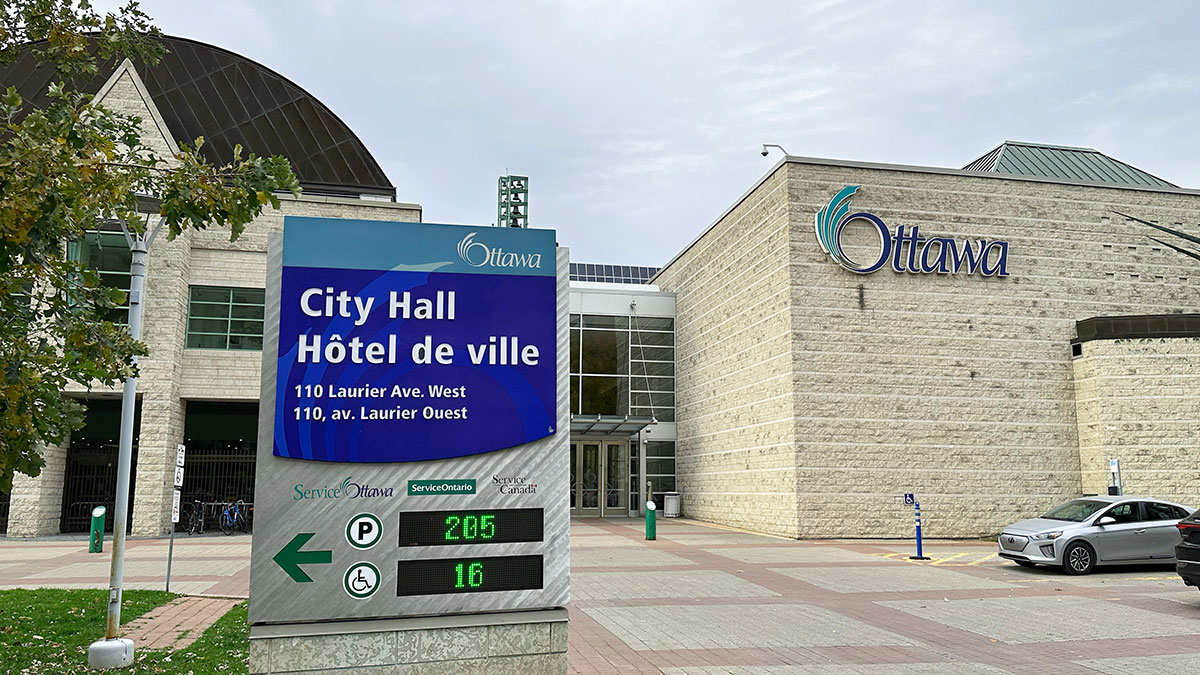The Ottawa Aboriginal Coalition (OAC) says it’s hopeful it will soon obtain the funding for Ottawa’s first family healing lodge, one key project that’s part of Ottawa’s 10-Year Housing and Homelessness Plan.
The lodge is a part of the OAC’s plan to address homelessness specifically within Ottawa’s Indigenous community.
“This has been a vision of ours since 2008, and we have been doing our best to proceed to find operating costs and capital costs,” OAC co-chair Mary Daoust told the city’s Planning and Housing Committee Oct. 23.
The OAC says they applied for a $10 million loan to National Indigenous Collaborative Housing Inc. (NICHI) for capital costs. They were not successful but say they plan to re-apply in the fall for missing funds.
Four per cent of Ottawa’s total population identifies as Indigenous, but 28 per cent of people experiencing homelessness in Ottawa identified as Indigenous in 2018. This rose to 32 per cent in 2021, says the OAC.
The OAC says Indigenous women and youth are at a higher risk of experiencing homelessness.
Marc Maracle, executive director of the Gignul Non-profit Housing Corporation, says that single mothers are amongst the most vulnerable members of the community.
“Sixty per cent of our housing residents are single mothers,” Maracle said during the committee meeting. “There is a level of vulnerability that we are serving, and we want to see that reinforced and supported so that they can thrive.”
Daoust says that healing for Indigenous women and mothers through the family healing lodge is required for long-term success.
“It is so imperative for this to happen because we need it. It’s not a want, it’s a need,” Daoust said. “It is critical because we are losing women, we are losing mothers … and it’s not because of their choice, it’s because of how the system has set them up to fail.”
The OAC says their goal is to create a safe space where mothers can work on their trauma and healing and bring their children with them.
Daoust says that many Indigenous women experience intergenerational trauma and have to leave their communities and their children behind to receive treatment. This leaves many Indigenous children at risk of being put in foster care and facing homelessness.
In 2021, 21 per cent of Indigenous youth were homeless 10 days after leaving foster care, and there has been an eight per cent increase over the past three years, according to the OAC.
The coalition says they want to offer a service that is going to work for families and will allow mothers and their children to stay at the healing lodge for up to six months.
“It will heal the whole family, not just mom … when mom goes back to the community, it’s the whole family that is healthy,” said Daoust.
Daoust says that the lodge’s programming will offer care for Indigenous youth and trauma-informed healing processes for mothers.
“By mom being able to bring her child, she can be in a good place and stay focused, and stay grounded, and do the work that she needs to do,” said Daoust. “They do not have to worry about them because their child will be looked after by the aunties, and the elders … while mom does the hard work.”
The coalition says they are currently working with the City to find appropriate land for the family healing lodge and are hoping to have the lodge established by 2034.
In May 2024 the city transferred a plot of land to the coalition. The lot was too small for the healing lodge but will likely be used for transitional housing for Inuit women, according to a staff report.




